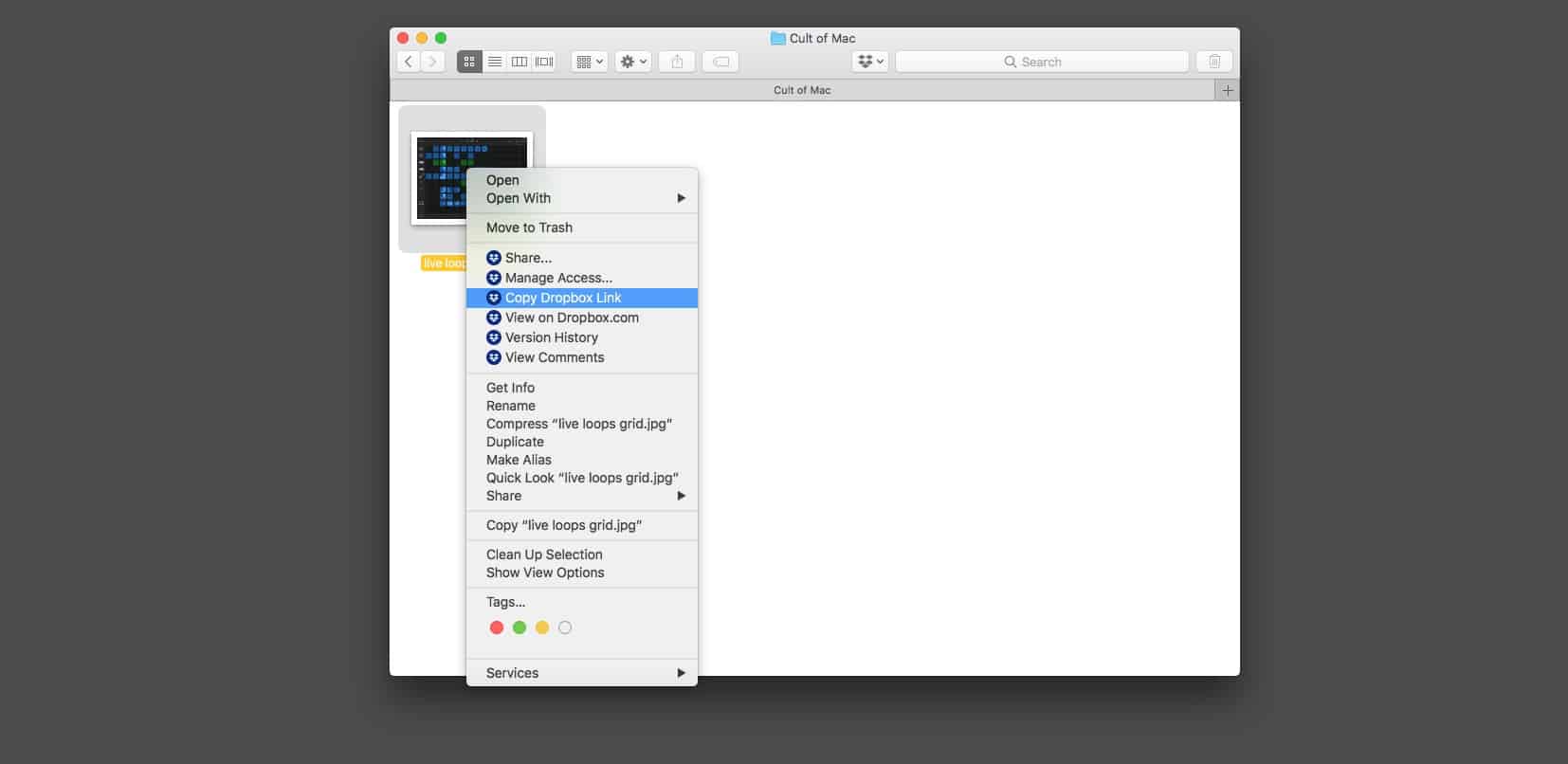

In response, LinkedIn invalidated the passwords of all users that had not changed their passwords since 2012. In May 2016, LinkedIn discovered an additional 100 million email addresses and hashed passwords that claimed to be additional data from the same 2012 breach. He also said that the holders of the compromised accounts would find their passwords were no longer valid on the website. Vicente Silveira, the director of LinkedIn, confirmed, on behalf of the company, that the website was hacked in its official blog. Owners of the hacked accounts were no longer able to access their accounts, and the website repeatedly encouraged its users to change their passwords after the incident.

The social networking website LinkedIn was hacked on June 5, 2012, and passwords for nearly 6.5 million user accounts were stolen by Russian cybercriminals. In May 2016, LinkedIn discovered an additional 100 million email addresses and passwords that had been compromised from the same 2012 breach. LinkedIn said, in an official statement, that they would email members with instructions on how they could reset their passwords. Owners of the hacked accounts were unable to access their accounts. Yevgeniy Nikulin was convicted of the crime and sentenced to 88 months in prison. Passwords for nearly 6.5 million user accounts were stolen. The 2012 LinkedIn hack refers to the computer hacking of LinkedIn on June 5, 2012.


 0 kommentar(er)
0 kommentar(er)
